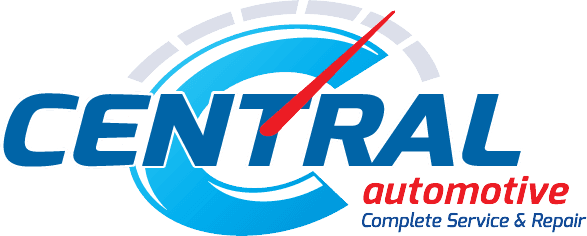We’ve seen the whole gamut of issues from people who try to service their vehicle themselves.
A common one is people who try to install their own batteries. When they install the battery, they hook up the cables incorrectly and blow fuses in the car.
Using an example of a Honda Accord: you replace the battery in that car, and if you don’t keep the car powered up, the radio won’t work again. We’ll get a car brought in where the customer replaced the battery and now the radio doesn’t work. We have to remove the radio to get a code on the back of it, then program that code into the front in order to make it work again.

We’ve also had cars come in with the brake pads installed backwards. Instead of having the friction portion of the brake pad up against the brake rotor, the metal portion of the brake pad is against the rotor. I’ve even had cars come in where people have rotated the tires and put the lug nuts on backwards, so the tires are falling off the car.
There are a lot of things that happen that don’t need to happen. I think it’s because sometimes people are afraid of the potential cost.
It’s kind of like going to the doctor. If you don’t tell them everything that’s wrong with you, then maybe you’ll still be okay. We all know that’s not true, but it’s something that happens. It’s the same with a car.
If you’re not sure where to go, get some referrals. Talk to your friends, talk to your neighbors, do some online research.
Then go ahead and pick an automotive shop. Pay them a visit, and make sure that you’re completely honest with them. Tell them everything you know about the car. Just that conversation, and you talking it through with a service professional, is really going to help you make a good decision on how you’re going to repair your car.











